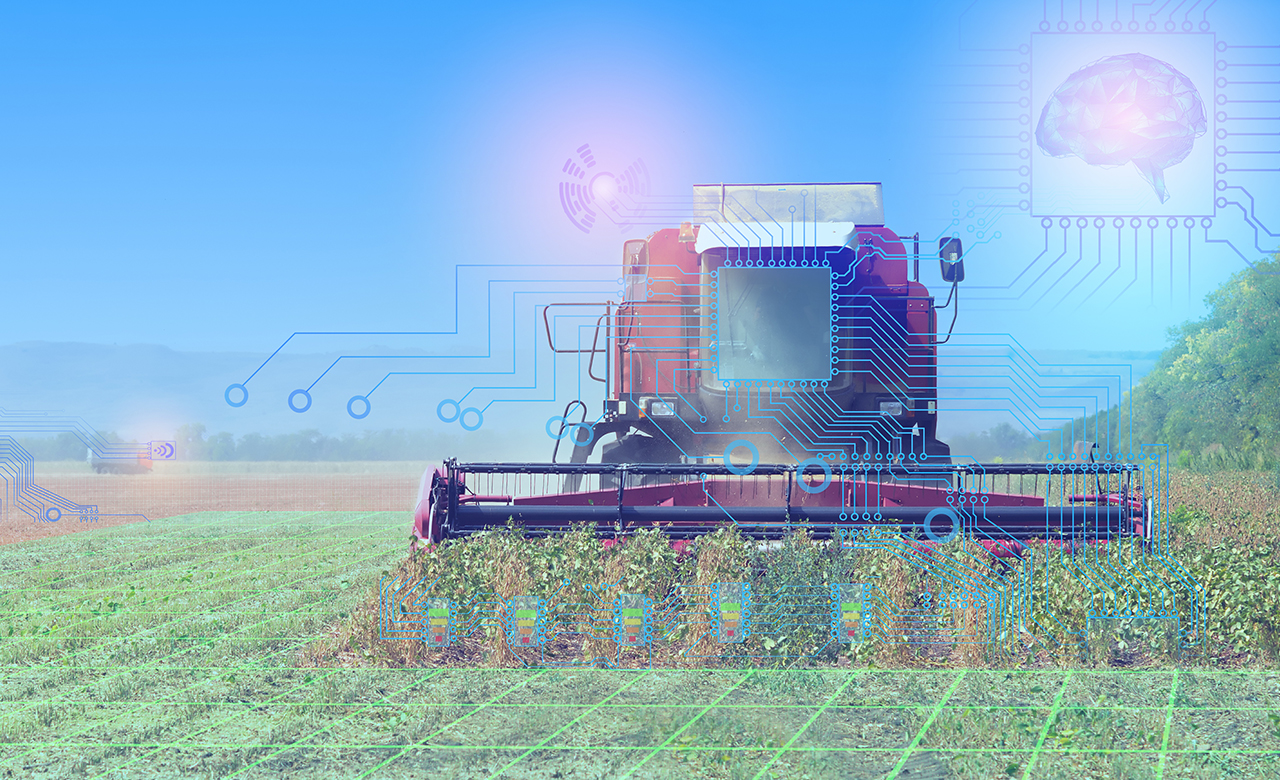
With the advent of industry 4.0, we have witnessed many industries undergoing a paradigm shift as a result of technological advancement. However, there is still a lot of potential in agriculture that can be channelized. Approximately 60 percent of the Indian population works in this industry, contributing about 18 percent to India’s GDP. Over the years, the government has taken significant steps to aid and enhance the agriculture sector with proven farming technologies and supportive policies.
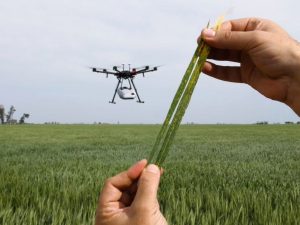 While several countries have successfully adopted digital solutions to revolutionize agriculture, their adoption in India is still in infancy. Digital technologies, like artificial intelligence (AI) and machine learning (ML), remote sensing, blockchain, IoT, agro bots, and precision farming have been proven to transform agricultural value chains and modernize operations.
While several countries have successfully adopted digital solutions to revolutionize agriculture, their adoption in India is still in infancy. Digital technologies, like artificial intelligence (AI) and machine learning (ML), remote sensing, blockchain, IoT, agro bots, and precision farming have been proven to transform agricultural value chains and modernize operations.
Artificial intelligence (AI), one of the most disruptive technologies, has a pivotal role to play. From producing healthier crops, controlling pests, monitoring soil, growing conditions, organizing data for farmers, and improving a wide range of agriculture-related operations, the agriculture industry is entering a whole new phase of evolution.
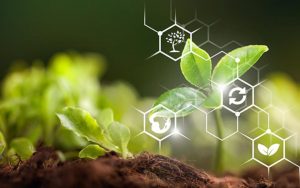 Agriculture involves a lot of conventional methods, which require extensive manual intervention. When these technologies combine with AI, it facilitates a variety of work from the most complex to a routine task. It processes big data on digital platforms and gives a better output, which assists the stakeholders in taking prescriptive and reactive interventions. It makes a farmer ready for better decisions throughout the Agri value chain. One of the best use cases of AI is getting insights about soil health, fertilizer recommendations, monitoring the health of crops & weather, and estimating & tracking production readiness.
Agriculture involves a lot of conventional methods, which require extensive manual intervention. When these technologies combine with AI, it facilitates a variety of work from the most complex to a routine task. It processes big data on digital platforms and gives a better output, which assists the stakeholders in taking prescriptive and reactive interventions. It makes a farmer ready for better decisions throughout the Agri value chain. One of the best use cases of AI is getting insights about soil health, fertilizer recommendations, monitoring the health of crops & weather, and estimating & tracking production readiness.
How does AI in Agriculture sector assist Indian farmers?
AI provides an agricultural revolution because of its robust applicability in the field. There are multiple areas where its contribution is highly appreciated.
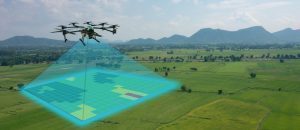 Monitoring crop and soil health
Monitoring crop and soil health
The AI-enabled application improves the monitoring of nutrients in crops and soil. AI uses the algorithm to analyze the captured image and provide an extensive report containing the current health of the farm. It assists farmers in taking adequate corrective actions at the right time.
Crop Disease Detection
Crop disease is one of the major concerns for farmers. Before farmers take corrective action, it becomes too late. AI monitors the state of plants by image recognition technology to predict the disease. It then transmits it to the laboratory to detect plant diseases using detection and image segmentation methods to keep an eye on plant health. Thus, helping farmers use the right product in adequate quantity & thus produce healthy crops with a higher level of productivity.
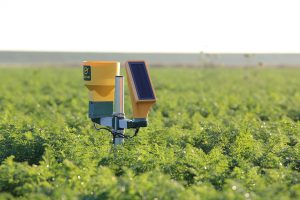 Weather Forecasting
Weather Forecasting
Weather forecasting plays a vital role in agriculture as plant growth depends on weather and soil conditions. Reinforcement learning, artificial intelligence technique, and natural language processing (NLP) predict and recognize the weather and give actual outcomes. It assists farmers in taking remedial actions against unpredictable risks due to weather. It also reduces the risk of agrochemical washing away.
Precision farming
It’s an approach where inputs are utilized in precise amounts to get increased average yields, compared to traditional cultivation techniques. Precision positioning systems, geological mapping, remote sensing, ICTs, and optimum planting are precision farming methods. In a way, precision farming helps increase yields, reduce soil degradation, and efficiently use Agri inputs, thus bringing down the overall cost & uplifting farmers’ socio-economic status.
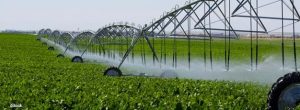 Advanced Irrigation
Advanced Irrigation
Improper irrigation may cause/lead to crop failures, soil infertility, and a loss in agriculture due to low productivity. The innovative irrigation system using AI/Automation is designed to utilize a real-time machine that can constantly maintain the soil condition, increase the average yield, and drive down production costs.
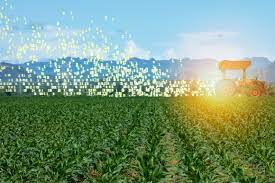 Automated Tractors
Automated Tractors
Automated tractors are robots that perform precise farm practices without human labor. The precise location-sensing technology works with sensors, GPS, and radar systems, allowing farmers to spread nutrients, place seeds, and harvest their crops by sharing real-time data to make better decisions.
Bringing AI to the Farm
Down the way, new technology in agriculture will act as a gateway to solutions for increasing farming challenges. Artificial Intelligence, a part of an approach to agronomy called precision agriculture, promises to better decision-making, reduce water usage, increase yields, and reduce costs. Maximizing efficiency and increased agricultural productivity could help ensure the world grows enough food to feed an expanding population. It will gently work towards environmental sustainability as climate change makes that task even harder.